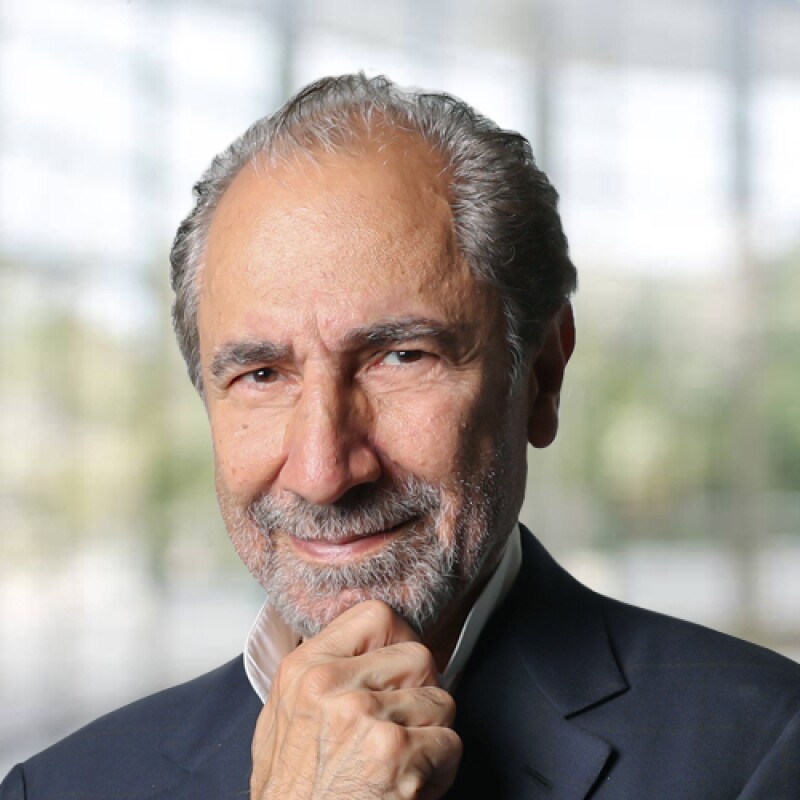Patients and their families are increasingly calling on the U.S. Food and Drug Administration (FDA) to adapt its regulatory policies to align with rapid advancements in cancer treatments. Many individuals, particularly younger patients, are seeking options that could save their lives, but often find themselves hindered by bureaucratic processes.
One concerning case involved the parents of a 21-year-old woman from Italy diagnosed with colon cancer, a condition rarely seen in such young individuals. After facing numerous delays, she was finally able to start a promising immunotherapy treatment, which her parents had requested from Agenus Inc., a biotechnology company. Fortunately, she is still alive, but the situation highlights a larger issue: timely access to innovative therapies is often obstructed by regulatory hurdles.
This sentiment resonates deeply with Garo Armen, the chairman and CEO of Agenus, who recalls his own painful experience. After his mother was diagnosed with breast cancer in the 1970s, he brought her to the United States for experimental treatments. Despite their efforts, she ultimately succumbed to the disease. His personal loss motivated him to shift from a career on Wall Street to founding a company focused on providing better options for cancer patients.
Despite significant progress in cancer research, Armen argues that the available treatments remain woefully inadequate. He points to the fact that while cancer death rates have decreased by nearly one-third over the past 30 years—primarily due to reduced smoking rates—many cancers are becoming more prevalent among younger generations. For instance, children today are said to be twice as likely to develop gastrointestinal cancer compared to earlier generations.
Looking ahead, colorectal cancer is projected to become the leading cause of cancer death for Americans under 50 within the next five years. Armen emphasizes that this escalating crisis requires urgent action from the FDA to evolve its regulatory framework.
Historically, the standard treatments for cancer have included chemotherapy, radiation, and surgery. These methods often come with severe side effects, leaving patients with long-term complications. For instance, chemotherapy can be likened to poison with the hope that it will eliminate cancer before harming the patient. Radiation therapy can result in permanent infertility, while surgical interventions may lead to life-altering conditions such as the need for colostomy bags.
Younger patients, particularly, are advocating for less toxic treatments that can provide effective cures. Armen believes that the leading nation in scientific advancement must do better than traditional methods of cutting, burning, and poisoning.
The recent appointment of Marty Makary as FDA commissioner fueled optimism among researchers and patients alike. Makary has made notable strides in addressing the impacts of unhealthy processed foods on cancer rates, yet the FDA must also tackle the broader cancer crisis head-on.
As science progresses, new immunotherapies are emerging that offer patients more effective and less toxic options than those available in the past. Armen envisions a future where cancer care relies on training the immune system to combat cancer, rather than invasive surgical methods.
Yet, such advancements will only become a reality if the FDA can keep pace with scientific innovation. The demand for timely access to groundbreaking treatments continues to grow, and many patients are left waiting for change. The FDA’s ability to adapt and respond to this urgent need will ultimately determine the future landscape of cancer care.
